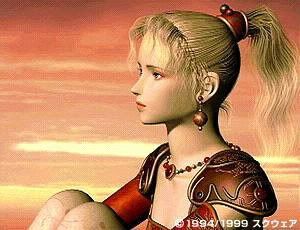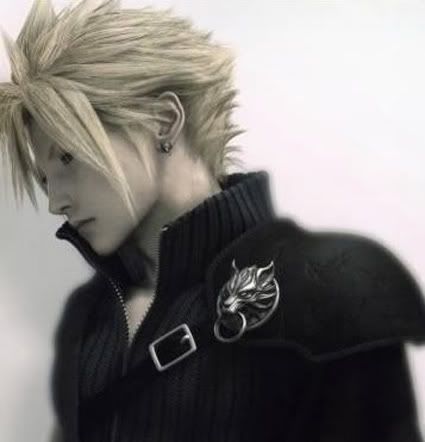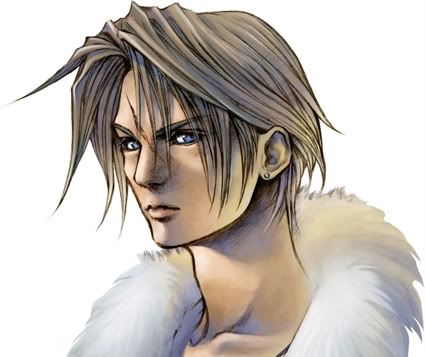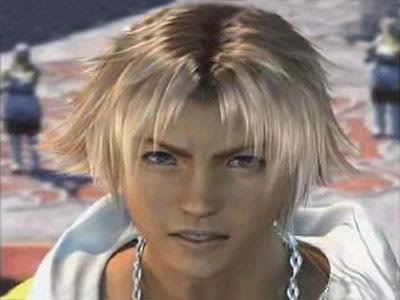The follow contains mostly my personal opinion and can probably be disregarded.
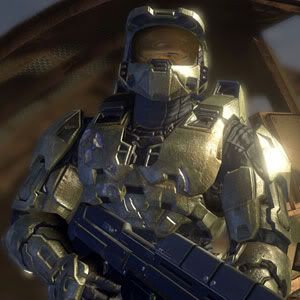
The game Halo and I have something of a history.
I grew up with shooters in one hand and space flight sims & strategy games in the other. When I was fed up with the politicing of my AI opponents in Master of Orion and had rescued humanity from the clutches of the Kilrathi in Wing Commander, I fired up Wolfenstein 3-D or Doom. Now, neither of those games had anything approaching a complex narrative – “here are some Nazis/demons, go shoot them in the face” about sums it up – but this was long before motion capture, voice acting and model rendering had gotten to the point that video games could call their experiences “cinematic” with a straight face.
When I first played Halo, I liked it. I liked its control schemes, I liked its portrayal of the conflict between humanity and the Covenant, I liked the mystery behind the Halo itself, and I liked Cortana. Spunky AIs always appeal to me. Note that I’m talking about the single-player campaign, here. I did play multiplayer with a few friends, and was mostly reminded of deathmatches in Doom. I didn’t really see anything new other than the initial gee-whiz of the graphics. Still it was fun and hearkened back to simpler days when demons roared at me from within brownish spikey ghouls that seem laughably rendered by today’s standards. Even after a couple years, when I found out a place I was working was maintaining its own Halo server, I jumped in. Unfortunately, my boss never showed up – that guy needed a sticky grenade on his backside something fierce.
I played Halo 2 once, just to try and get the story. And while there were a couple “HOLY SHIT!” moments during the cutscenes, the gameplay felt vastly unchanged. Characters returned but really didn’t grow at all. It wasn’t necessarily bad by any means, it just felt like the story was beginning to take a backseat to the multiplayer. Again, it was fun to play split-screen with a couple of friends. But that was about the extent of my experience, and by that point, Half-Life 2 had come along and, in my opinion, completely blown Halo 2 out of the water.
I can’t come out and give a solid opinion on the Halo series as a whole, as I haven’t played Halo 3 or ODST. In terms of story and gameplay I have no idea how they stack up. They remain in shrink-wrap on the local GameStop’s shelf and I admit to a somewhat passing interest, since I do find myself curious as to the fate of Cortana and the experience of being an average Joe in generic space armor fighting the Covenant, instead of being a genetically engineered hyper-masculine superman in generic space armor fighting the Covenant.
Two things bug me about the Halo series that have nothing to do with the games. One is the parade of copies that have come in the wake of the franchise. Gears of War, Haze, Turok, and Too Human, just to name a few, all feature characters very similar to Master Chief: gruffly voiced manly men wearing futuristic (if not powered) armor, grimly facing down hordes of gruesome creatures, handfuls of hot heterosexual automatic fire in their grip. For the most part, though, I can ignore these things. I played a little bit of Gears of War 2 and immediately found myself wishing to play a different shooter with a more interesting premise, character or setting – like Painkiller, or BioShock, or Half-Life, or Mass Effect.*
But the advertisements for and attitude towards each new installment of Halo would have you believe that you will not have an experience even remotely resembling what you get out of that game. And that’s the other thing that really bothers me about the franchise. Call me out for being a dull gutless effeminate story-loving dweeb if you must, but the screaming cursing teabagging fist-bumping Beast-drinking backwards-baseball-cap-wearing hair-frosting (yet completely straight) core demographic of Halo’s multiplayer really turns me off of the game. I feel like I’m missing a point somewhere. Halo, to me, is a sci-fi shooter with limited weapons capacity, lots of guys in generic space armor and a couple of interesting weapons and maps. What’s the big deal? The story’s half-decent, the physics are all right, the weapons all feel very sci-fi and the vehicle sections are well done. Again, I’m only talking about the first two games here, so maybe the third one or ODST will suddenly start delivering Battlestar Galactica-scale narratives or reveal that Master Chief was a disenfranchised orphan who was driven into the Spartan program and defied the nay-sayers who said he’d never amount to anything by becoming the savior of humankind many times over. Or maybe both he and the story will remain on the bland side of things. I can’t say either way.
It sort of reminds me of a wine called Yellow Tail.
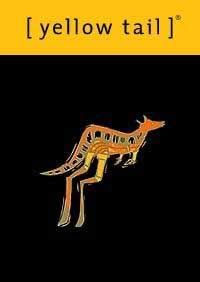
Yellow Tail is a mass-produced wine specifically designed to be sold at a reduced cost and be more palatable to most pedestrian drinkers than those who have discovered a particular pinot or cabarnet that they enjoy. I’ve tried Yellow Tail, and while it’s drinkable, it isn’t as good as wine from a vineyard. The advertisements for it, on the other hand, would have you believe that Yellow Tail is the sort of wine that tastes delicious, leaves you plenty of money for expensive aperitifs and will probably get you laid. Based on this scheme, Yellow Tail rakes in the cash, much like Halo does.
The original Halo did its shooting very well, had great vehicle sections that were fun to do with others and even had something resembling a story to tell. I feel that as the series goes on, there’s less story happening while the amount of gameplay and features remain largely the same. I could be wrong, but it doesn’t stop Halo in general and a generous portion of its fanbase from bothering me. Maybe if I pick up the Halo games for my wife and take some time to play them myself again I can form a more solid opinion on the matter. But that’d require money. And I need my money for other things.
Like food.
And Assassin’s Creed II.
* I know both Mass Effect games are more RPGs than shooters, but they still have solid sci-fi shooting action. And while Shepard and his team tend to wear space armor, especially in the first game, the characters have at least a little depth to them.




